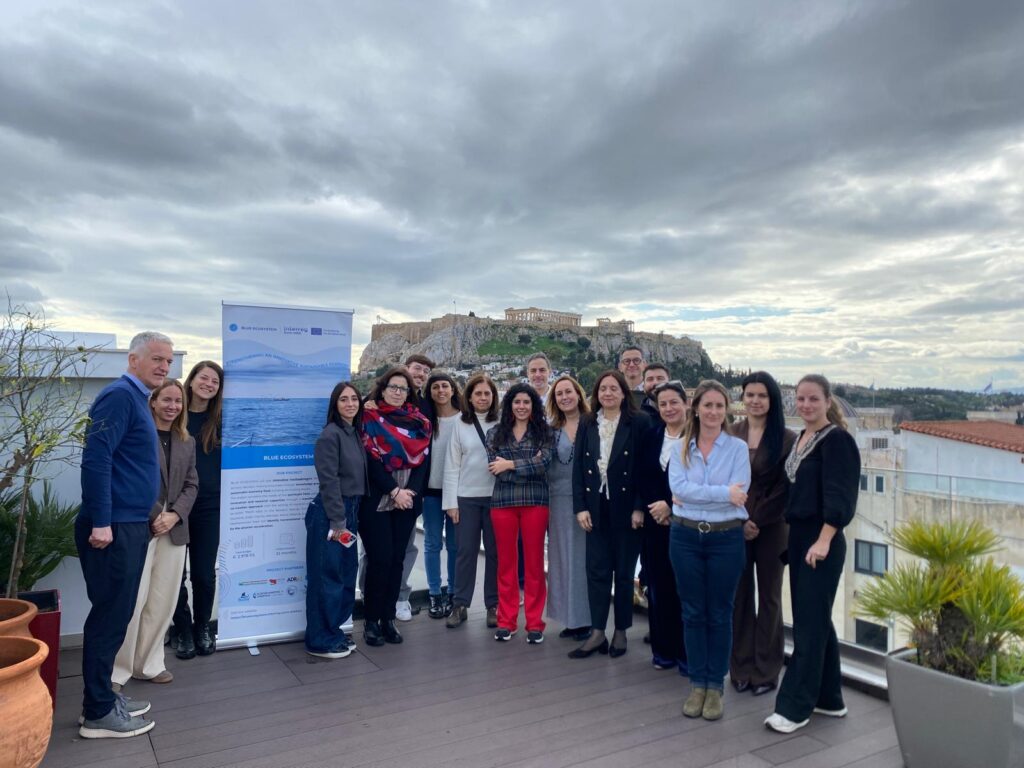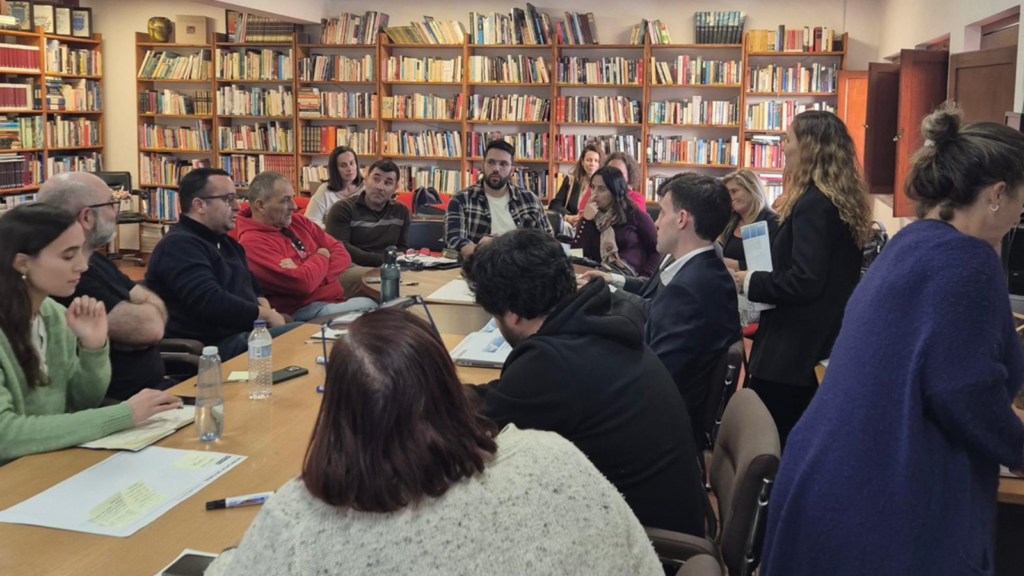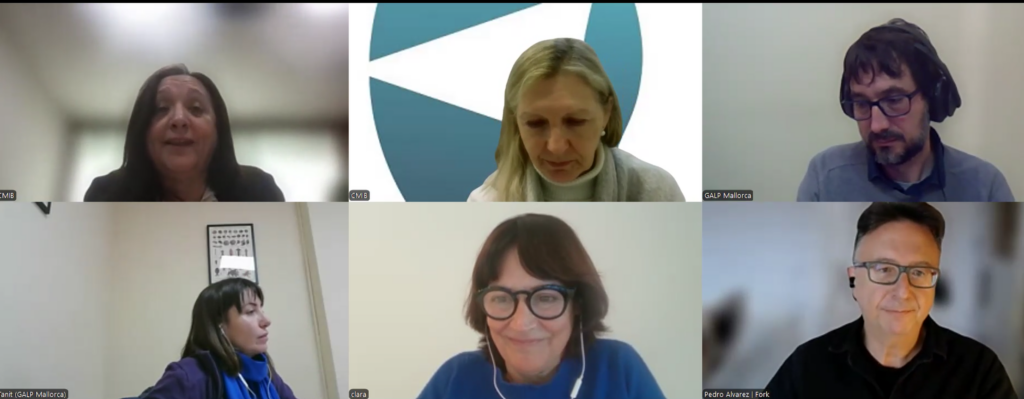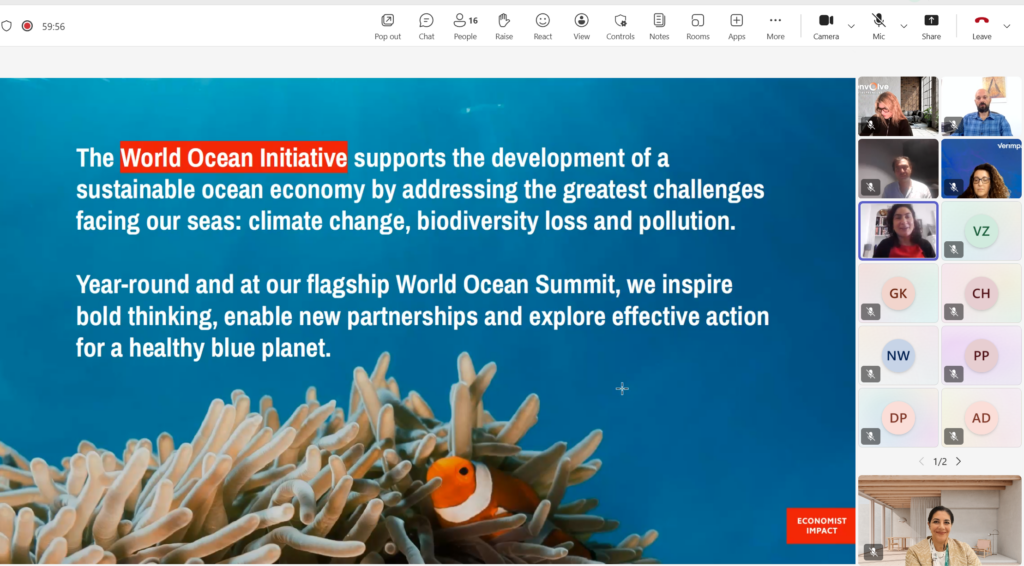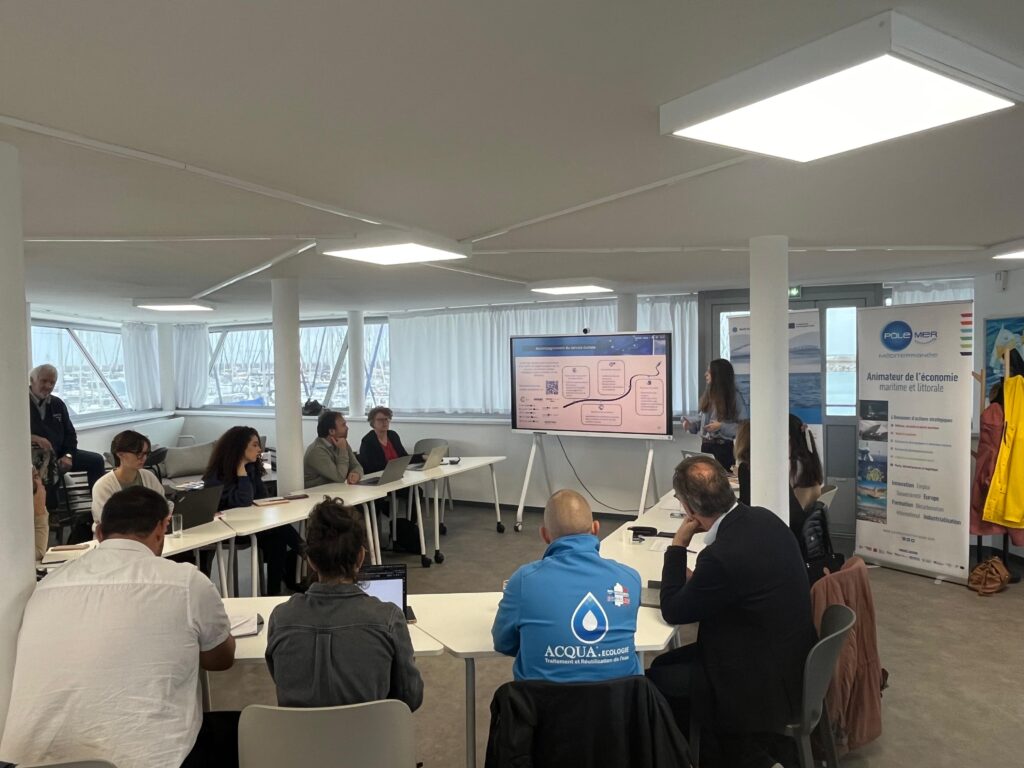
Interreg Euro-MED - BLUE ECOSYSTEM
The BLUE ECOSYSTEM project engages industry, government, civil society, academia, and the environment—represented by conservation associations and NGOs—through a transformative and territorial co-creation approach to enhance innovation and research capacities.
Each participating region identifies the challenges of the blue economy in its territory (aligned with its RIS3), launches a call for transformative solutions to address them, and sets a regional accelerator laboratory (the so-called TRAIN labs) to support their adoption and scaling up.
By the end of the project, a transnational open innovation program (BLUE ECOMATCH) is organized to share experiences and lessons learned, which are compiled into a ‘blue book’ for capitalization.

BLUE ECOMATCH Event
Day(s)
:
Hour(s)
:
Minute(s)
:
Second(s)
🌊 Are you ready to connect with other innovative solutions from across the Mediterranean?
Do you want to take your idea to the next level through a transnational matching programme? Is your solution ready to scale up? Don’t miss this unique opportunity to showcase your innovation and build new partnerships!
📍 Join us in Marseille (France) on 28–29 April 2026 and be part of the Mediterranean innovation ecosystem.
📢 Stay tuned — exciting opportunities await!
Latest
News
Upcoming
Events
Key

